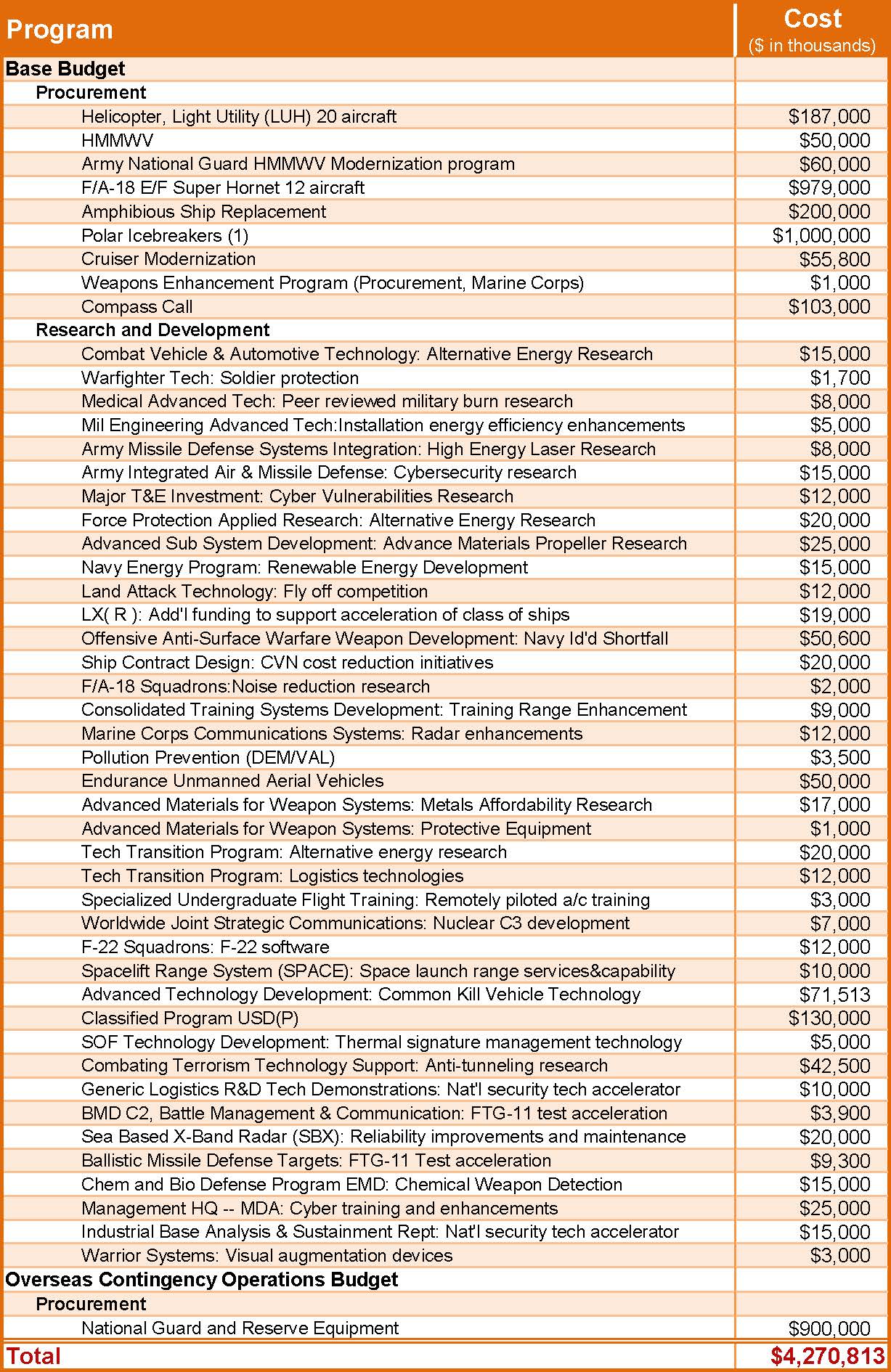 In the last few weeks, the federal appropriations process has taken a few, painful, stutter-steps in the House of Representatives. Unfortunately political shenanigans involving amendments on issues unrelated to the spending bill under consideration have brought the process to a halt.
In the last few weeks, the federal appropriations process has taken a few, painful, stutter-steps in the House of Representatives. Unfortunately political shenanigans involving amendments on issues unrelated to the spending bill under consideration have brought the process to a halt.
Speaker Paul Ryan – having promised “regular order,” meaning members could offer amendments to appropriations bills simply by handing a piece of paper to the Clerk of the House and speaking for a few minutes – has been hoisted on his own petard. An amendment to an energy and water spending bill, regarding non-discrimination rights for employees of federal contractors, scuttled a vote on final passage of that bill. I hope House leadership spends time during this Memorial Day recess settling on a plan to bring essential appropriations bills to the House floor when Congress returns for a few brief weeks of work before leaving for its extended summer break. And, hopefully, this new plan will move spending bills without trampling on the rights of the minority and junior members of the majority.
So all eyes have turned to the Senate where cooler heads typically, or often, prevail. As I wrote in this space recently, the Senate, in considering the bill that funds military construction projects here in the U.S. and around the world, pointedly avoided the budget dodge of using money from the off-budget Overseas Contingency Operations account to pay for construction projects. Unfortunately, as I also wrote about, the House did not follow along. The House bill not only uses contingency war funding to pay for construction projects, but also refuses to publicly state exactly where those projects are located or what they are. Unfortunately, a common sense amendment by Rep. Mick Mulvaney, R-S.C., to strip these programs from the war funding budget was soundly defeated.
Of course the main Pentagon spending bill is separate from the military construction bill, and both the House and the Senate Appropriations Committees have also made substantial progress on their separate versions of the larger Pentagon bill. And just as with the military construction bill, it is easy to see some patterns emerge in the differences between the two.
Starting again with the House, that bill makes much greater use of the war fund and transfers billions of dollars' worth of programs from the so-called “base” budget to the off-budget war account. This is a funding gambit I've often written about and that I hope will soon go the way of the dodo bird: extinction. Worse still, the House version of the bill spends $6.7 billion on programs for which the Pentagon requested not a single dollar. I'm not talking about Congress adding a few hundred million to a program the Pentagon asked for. I'm saying that, in the entire $585 billion budget request, the Pentagon didn't ask for a dollar for any of these programs.
I was hoping the famous cooler heads of the Senate would show greater restraint. And the Pentagon spending bill reported out by the Senate Appropriations Committee is indeed more restrained.

The Senate also showed a touch more restraint on the topic of giving money to programs the Pentagon didn't request at all. The Senate “only” devoted $4.2 billion to programs the Pentagon believes it can do without (see list at right). That's about a third less money than the House. Unfortunately, there is very little overlap between the two lists. This means the most likely outcome is that close to $11 billion will somehow be added to the Pentagon's budget to pay for programs they haven't requested. And while these programs don't meet the usual definition of an earmark, I'll be looking for details on where these programs are made and which contractors benefit from the Congressional largesse.
Because adding billions for unrequested programs, making use of an off-budget fund for core military needs, and calling long term construction projects “contingencies,” are all bad deals for the taxpayer.










